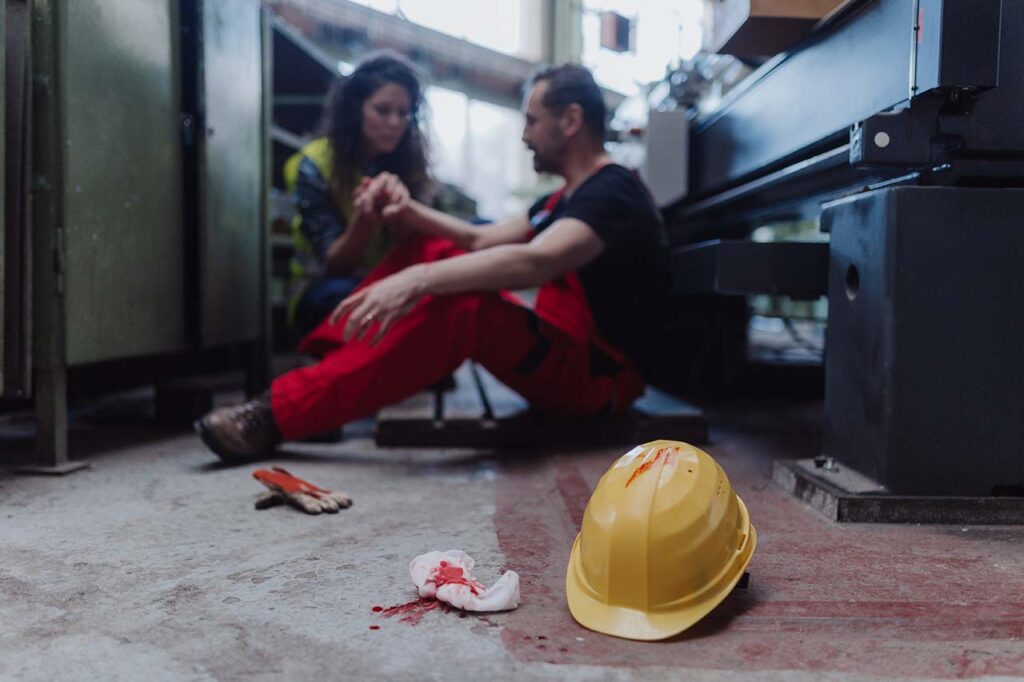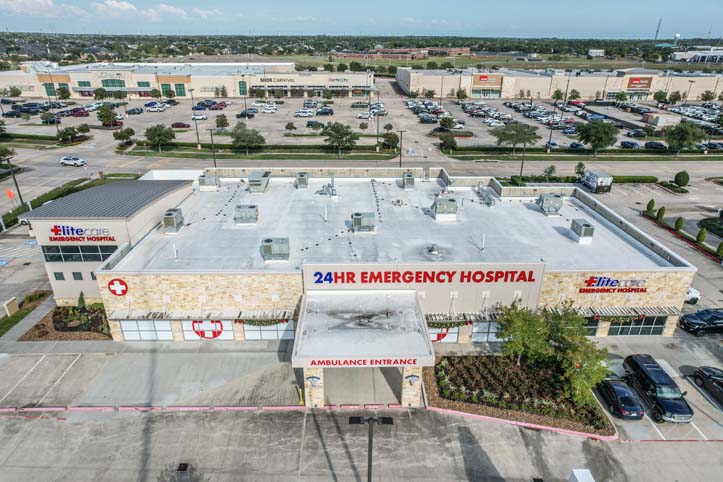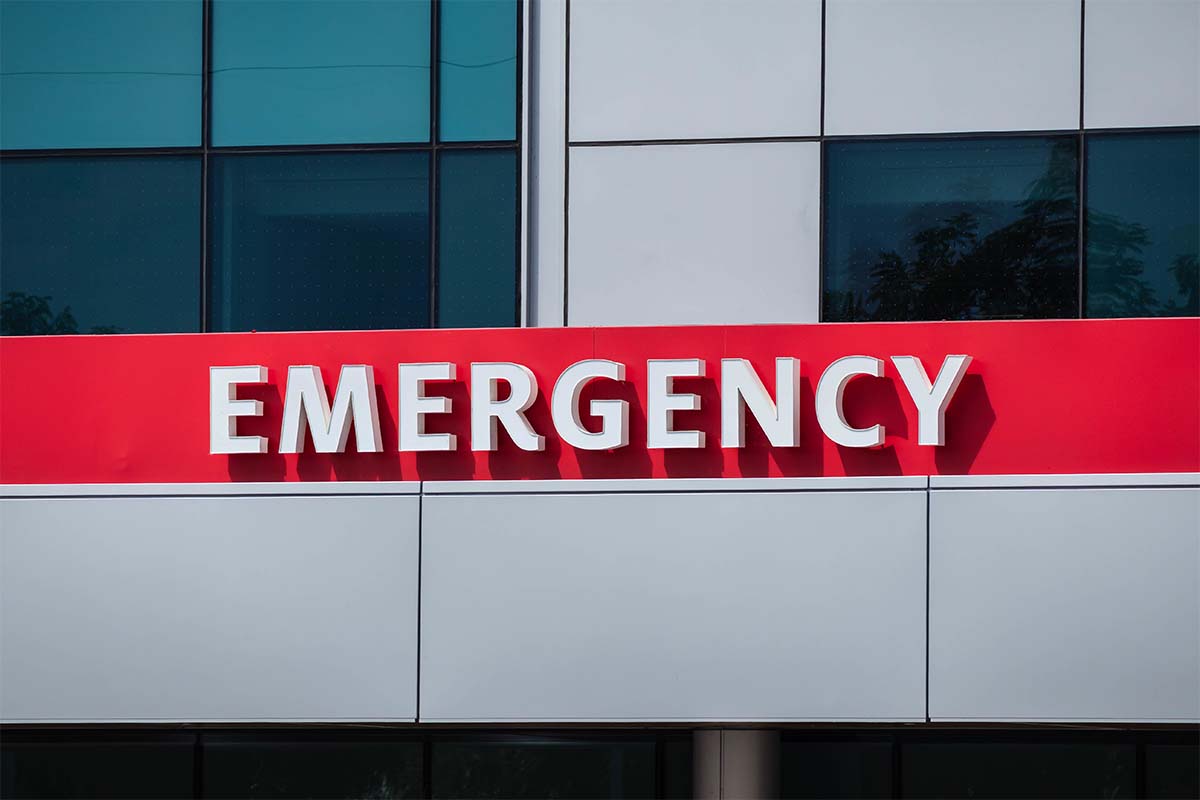
Key Steps to Follow After a Workplace Injury
Workplace injuries can happen suddenly and without warning, putting workers in stressful and challenging situations. Knowing the correct steps to take after an injury can help ensure a speedy recovery and reduce long-term health issues. Quick and proper actions also make navigating worker’s compensation claims more straightforward and effective. In League City, having a clear plan can make all the difference for employees and employers alike.
Getting injured on the job can be overwhelming, but immediate and reasoned responses are crucial. Prioritizing health and safety should always be the first step, followed closely by effective communication with your employer about the incident. Ensuring that the injury is properly documented and treated helps in creating a strong foundation for recovery and any potential compensation claims. Every step taken right after the injury impacts the overall outcome for the injured worker.
Understanding these steps can ease the recovery process and provide clarity during a confusing time. From reporting the injury and seeking medical attention to documenting details and following through with treatment, each phase is crucial. This guide will equip workers and employers with the knowledge needed to handle workplace injuries efficiently and support a swift return to health.
Report the Injury to Your Employer Immediately
Reporting your injury to your employer straight away is crucial. This step ensures that your workplace is aware of the incident and can take immediate action to address any hazards that may exist. Letting your employer know as soon as the injury happens also sets the necessary processes in motion for worker’s compensation claims and other essential documentation.
When you report the injury, provide all the details about how and when it happened, including the location and any equipment involved. This information helps create an accurate record of the incident, which is vital for your compensation claim. Always follow your employer’s specific procedures for reporting workplace injuries. This might include filling out specific forms or speaking directly to a supervisor or HR representative.
Seek Immediate Medical Attention
After reporting the injury, it’s critical to seek immediate medical attention, no matter how minor the injury might seem. Quick medical evaluation and treatment help prevent the injury from worsening and provide an official medical record of the injury. Visiting an emergency room ensures that you get the specialized care needed and a clear diagnosis, which is essential for a swift recovery.
If the injury is severe, go directly to a medical professional who can stabilize and treat you properly. Even for less severe injuries, getting checked out by a healthcare provider is important. They can prescribe necessary treatments and create a care plan tailored to your injury. Following through with prescribed treatments not only aids in healing but also strengthens your worker’s compensation claim by showing that you’re taking the necessary steps to recover.
Document the Incident and Injury Details
Documenting the incident and injury details is a critical step often overlooked but essential for a successful recovery and worker’s compensation claim. Start by writing down everything you remember about the incident as soon as possible. Include specific details such as the time, date, location, and events leading up to the injury. Mention any witnesses and their contact information.
Photographs can also serve as valuable documentation. Capture images of the injury, the accident scene, and any equipment or conditions that contributed to the injury. Make sure to keep copies of all medical records, treatment plans, and any correspondence related to the injury. Proper documentation not only ensures an accurate claim process but also helps medical professionals provide the best possible care based on a clear understanding of the incident.
Follow Through with Medical Treatment and Rehabilitation
Following through with medical treatment and rehabilitation is essential for a quick and effective recovery. Adhering to your doctor’s recommendations and attending all follow-up appointments ensures you are on the right track to healing. If your healthcare provider prescribes physical therapy, make sure to attend all sessions and perform any exercises at home as instructed.
Consistently updating your medical records with new developments and treatments helps maintain a clear record of your recovery progress. This not only aids in your physical healing but also strengthens your case if further claims or approvals are needed. Skipping treatments or failing to follow through can prolong your recovery time and complicate your worker’s compensation claim.
Supporting Your Recovery After a Workplace Injury
Recovering from a workplace injury involves several important steps that must be taken seriously to ensure a swift and effective return to health. Reporting the injury to your employer, seeking immediate medical attention, documenting the details, and following through with treatment are each crucial. Every step plays a role in both your physical recovery and the accuracy of your worker’s compensation claim.
At Elitecare in League City, we are dedicated to providing immediate and high-quality emergency care for workplace injuries. Trust our experienced team to help you navigate the recovery process efficiently and effectively. Whether you need immediate medical attention or follow-up care, we are here to support you every step of the way. Visit us at our 24-Hour Emergency Room for unparalleled assistance and care when you need it most.
















